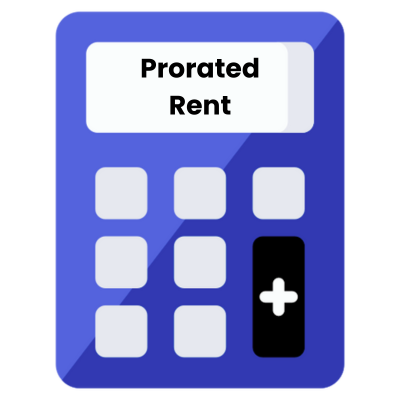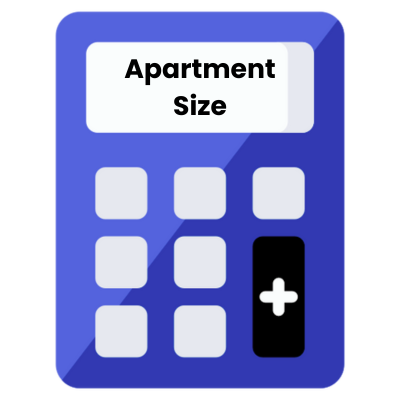Last Updated: April 2024

Residential tenant screening is a rental property screening process used by landlords and property managers to evaluate prospective tenants’ qualifications and risk factors before leasing a property. The process is a standard procedure in property management which typically includes checking the applicant’s credit history, rental history, and employment verification. The objective is to ensure the reliability and financial stability of potential tenants, aiming to minimize the risk of late payments, evictions, and property damage.
How to Perform Residential Tenant Screening
Residential tenant screening allows landlords and property managers to identify suitable tenants who are likely to pay rent on time and take care of the property. Below we take a look at the common steps involved in this process:
1. Application Submission
Applicant completes and returns a completed rental application form along with any proof of income information such as pay stubs and other relevant information.
2. Review Screening Reports
Landlord or Property Manager reviews application, checks credit and verifies provided information such as employment, current landlord references, and personal references.
3. Decision (Yes/No)
Landlord or Property Manager notifies the applicant with either a Yes or No if they will offer the unit.
Residential Tenant Screening Services
The #1 Rental Property Newsletter
Once a month, we send out an exclusive Rental Property Market Update with top stories, current mortgage rates, building products, and more. No spam and unsubscribe anytime.

Residential Tenant Screening Calculators
Try Our
Prorated Rent Calculator →
100% Free – No Sign Up Required
Try Our
Apartment Size Calculator →
100% Free – No Sign Up Required
Residential Tenant Screening FAQ
What Is Residential Tenant Screening?

Residential tenant screening is the process by which landlords and property managers evaluate prospective tenants to determine their suitability for a rental property.
What Information Is Needed for Residential Tenant Screening?
Residential tenant screening aims to identify candidates who are likely to be responsible tenants. Below is a list of the information typically required by the tenant:
- Completed rental application: A standardized form where applicants provide personal information, rental history, and employment details.
- Credit report: Assesses the tenant’s credit history and financial responsibility.
- Background check: Includes checking for any criminal history and past evictions.
- Proof of income: Documents such as pay stubs, tax returns, or bank statements to verify the applicant’s income.
- Rental history: Information on previous rentals, including contact details for former landlords.
- Employment verification: Confirms the stability and source of the applicant’s income.
- References: Contact information for personal or professional references who can vouch for the applicant’s reliability and character.
What Happens if an Applicant Refuses to Participate or Fails the Screening Process?
If a tenant refuses to participate in the screening process, the landlord may choose not to proceed with their application, as the screening is a crucial step in evaluating their suitability. Should a tenant fail the screening process due to reasons like poor credit history, insufficient income, or a negative rental history, the landlord has the right to reject their application, following legal and fair housing guidelines. Either way, Landlords should provide a rejection letter that explains the reason for denial if it’s based on information found in the credit report or background check, in compliance with FCRA requirements.
More Tenant Screening Guides
About the Author

Ryan Nelson
I’m an investor, real estate developer, and property manager with hands-on experience in all types of real estate from single family homes up to hundreds of thousands of square feet of commercial real estate. RentalRealEstate is my mission to create the ultimate real estate investor platform for expert resources, reviews and tools. Learn more about my story.
Disclaimer: The information provided on this website does not, and is not intended to, constitute financial advice. As such, all information, content, and materials available on this site are for general informational purposes only. Please review our Editorial Standards for more info.








